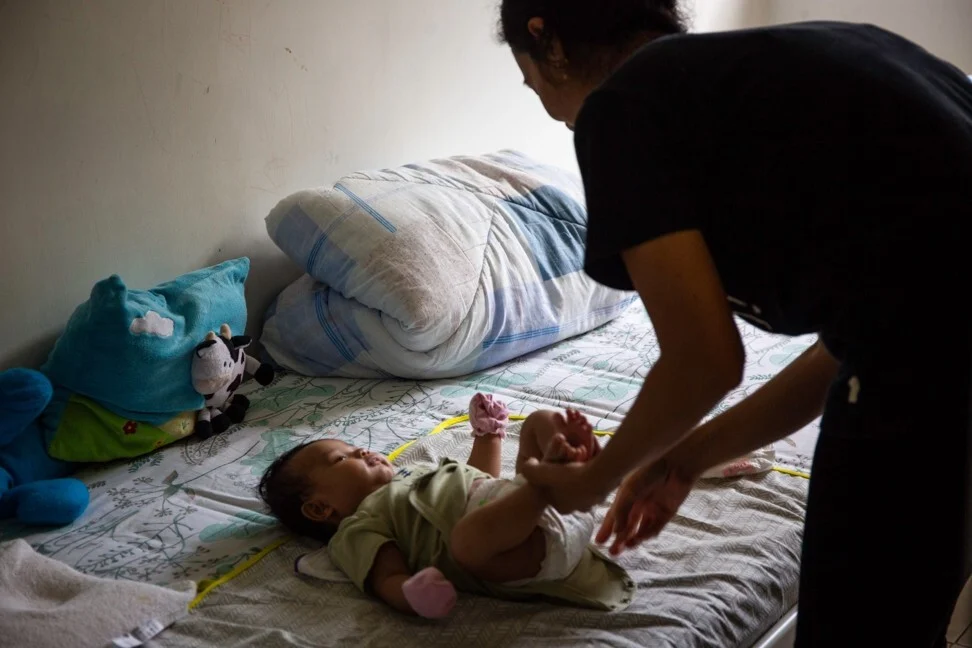In lots of areas of the world, foreign domestic helpers engage in a crucial role in households, however their contributions often remain undervalued and ignored. Nevertheless, a further exam uncovers a complex interplay involving gender norms, migration styles, as well as the evolving dynamics of domestic work. By reimagining these roles, we could commence to address the natural inequalities and encourage foreign domestic helpers to assert their rights and agency. Usually, domestic work has become associated with femininity, strengthening gender stereotypes that confine women for the exclusive sphere of the household. Foreign domestic helpers, predominantly women from marginalized communities in Parts of asia, Africa, and Latin USA, frequently migrate to wealthier countries searching for much better economic opportunities. However, amidst these challenges, there are actually indications of shifting roles and shifting perceptions. Significantly, foreign domestic helpers are asserting their agency and demanding standard gender norms. Most are advocating for far better working conditions, honest wages, and recognition in their contributions to society.

As families grappled with lockdowns and limitations, foreign domestic helpers grew to become vital frontline workers, delivering essential care and support to prone people. This enhanced visibility has stimulated chats about the need for care work and the will need for higher recognition and respect for individuals who execute it. To really reimagine gender and work from the lives of foreign domestic helpers, we must deal with the architectural inequalities that perpetuate their marginalization. This calls for comprehensive policy reforms that assure their rights to acceptable wages, good working conditions, and use of social protections. Governing bodies also needs to encourage education and training programs to encourage domestic helpers together with the skills and knowledge they need to get around the labor market and assert their rights effectively. Concurrently, societal attitudes towards domestic work need to evolve. By endorsing increased gender equality and social addition, we can easily create a far more just and equitable society in which all men and women, no matter gender or nationality, are provided identical rights and opportunities.
We need to obstacle entrenched stereotypes and biases that devalue care work and perpetuate gender inequality. Furthermore, reimagining the jobs of foreign domestic helpers demands a combined hard work from all of the stakeholders, including employers, civil society organizations, and the bigger community. Employers should identify the humanity and dignity of 僱傭中心 and take care of all of them with respect and fairness. Civil society organizations perform a crucial role in advocating for policy reforms and providing support and resources to inspire domestic helpers. And also the larger community have to embrace variety and inclusion, rejecting discrimination and prejudice in all its kinds. Reimagining gender and work in the lives of foreign domestic helpers can be a sophisticated and multifaceted undertaking. It will require wide spread modifications on the policy levels, changes in societal attitudes and norms, and combined action from all of the stakeholders. By recognizing the inherent dignity and rights of domestic workers and promoting better gender equality and social addition, we can easily create a far more just and equitable world for all.
